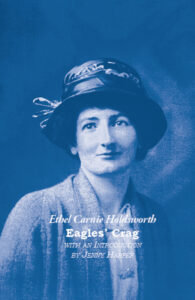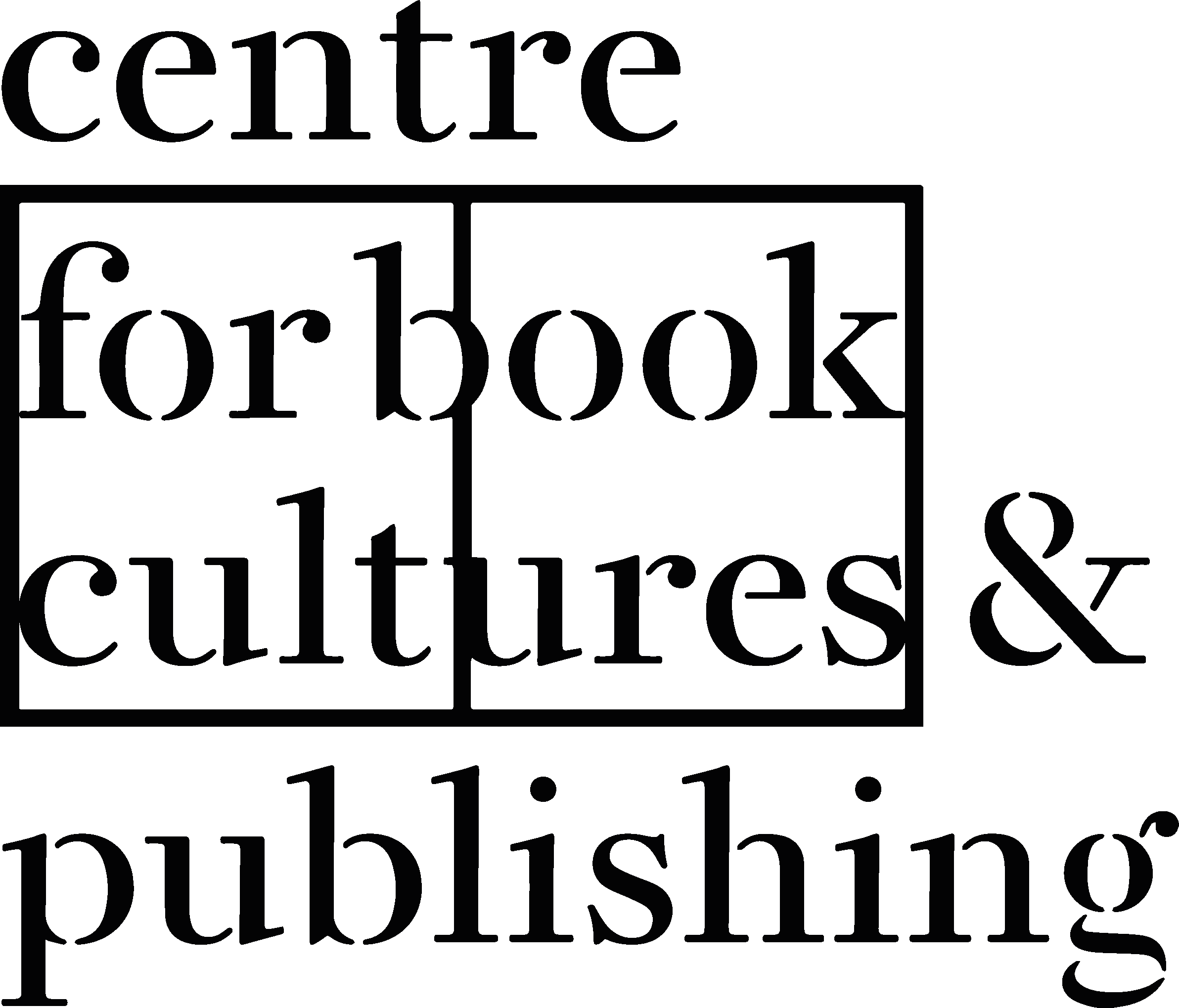by Jenny Harper, PhD Researcher, Department of English Literature, University of Reading
As part of my PhD research investigating the work of the early twentieth-century radical socialist author, Ethel Carnie Holdsworth, it has been a great pleasure to have been involved in the re-publication of some of her novels and short stories. Carnie Holdsworth was a rare example of a published working-class female writer and her texts addressed important issues including social justice, gender equality, anti-fascism and workers’ rights. Despite a lengthy career and having written a best-seller in 1917’s Helen of Four Gates, she died in 1963, as an almost entirely forgotten figure. Her significance within British literature and radical history is becoming clear, but she has long been overlooked and the majority of her work has been inaccessible.
Since 2011, however, great efforts have been put into redressing this, as her texts have been brought back into the public domain. In that year, her politically fervent 1925 text This Slavery was republished with an introduction by my supervisor Dr Nicola Wilson, and from 2013, independent publisher Kennedy & Boyd has been involved in the republication of further titles.
This month, Kennedy & Boyd has republished four further works with introductions provided by a group of PhD researchers who share an interest in the pivotal issues that Carnie Holdsworth’s fiction and journalism addressed. The newly re-issued novels, which were originally published between 1920 and 1929, are Barbara Dennison, The Marriage of Elizabeth, The Quest of the Golden Garter and Eagles’ Crag.
In her introduction to Barbara Dennison, Jess Samuel (De Montfort University), considers the experience of the eponymous Barbara, as her marriage disintegrates amid her husband’s antipathy and unfaithfulness. Carnie Holdsworth critiques ideas of masculinity, gender role and societal expectation within this failing union and Samuel effectively explores Barbara’s internalisation of these ideologies and eventual resistance to them.
Dr Gemma Holgate (Royal Holloway) introduces The Marriage of Elizabeth, a narrative in which another eponymous figure marries, this time for what appear to be purely practical purposes rather than romantic love. Elizabeth presents a ‘model of womanhood, of marriage, and of community befitting to a socialist future,’ and her actions within the novel provide a moral example of ethical socialist endeavour. She settles family conflicts, addresses issues of spousal absence and abuse and nurses her husband John following an industrial accident.
The Quest of the Golden Garter marked a significant shift in narrative genre for Carnie Holdsworth and Amber Stevenson (University of Exeter), explores her move into crime and detective fiction. The novel centres upon the character of Lydia, a singer who having moved to London, becomes entrapped by the criminal Billy and is forced into illegality by the ‘Golden Garter Gang,’ an underworld group of society thieves. Stevenson analyses the way in which the plot allows the author to comment upon issues of social justice, class, social advancement and economic relations.
In my own introduction for Eagles’ Crag, a gothic horror which stands as an antithetical text to Carnie Holdsworth’s Helen of Four Gates, I consider how her earlier vision of a vibrant and inclusive ethical socialist ideal becomes replaced by an unmoored and alienated imaginary, as connections to nature are disrupted and problematised. The novel is a tale of doomed love between Henri, a journeyman labourer and Burl, an enigmatic ‘gypsy’ woman. The couple are kept apart by Jane, an embittered elderly woman and the owner of Eagle’s Crag Farm, who dies mysteriously and whom they are suspected of murdering.
Through her fiction, Carnie Holdsworth articulated the authentic experience of a working-class woman at a time of historic cultural, political and social upheaval in early twentieth-century Britain. By making more of Carnie Holdsworth’s texts available for reading and for future research, it is hoped that her rare and important voice will be better heard and that it will stimulate further enquiry into the often-overlooked literature produced by those of her gender and class.

